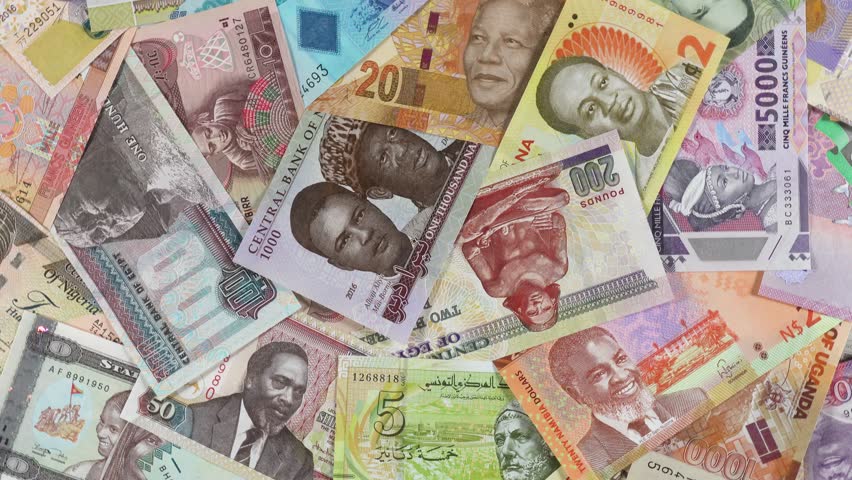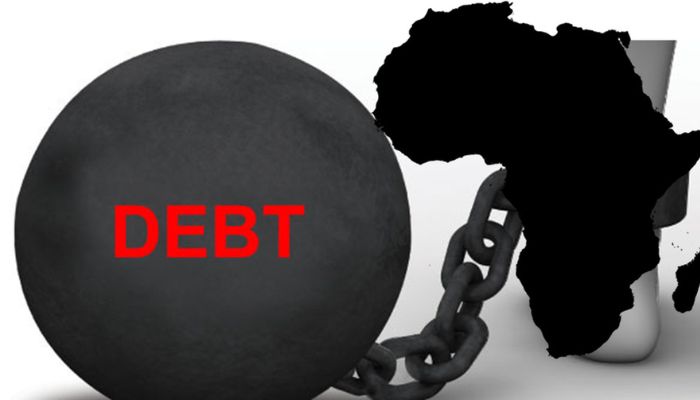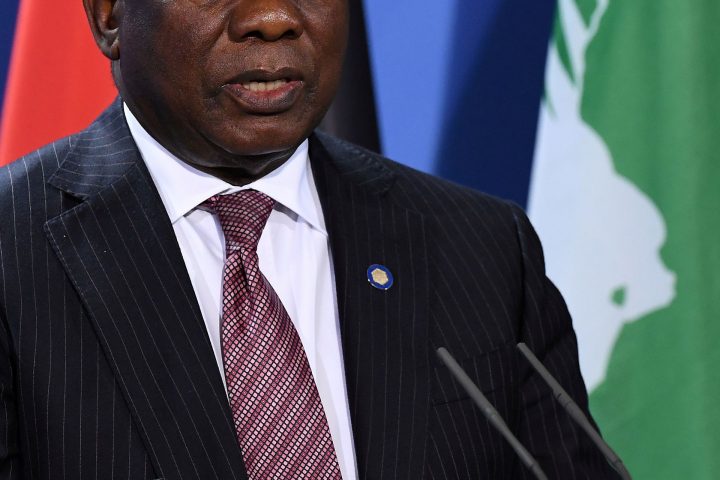A strong and stable currency is a significant economic asset for any nation, particularly for African countries striving for sustained growth and global competitiveness. In March 2025, several African nations have demonstrated notable currency strength, reflecting their economic resilience and strategic financial management. This article examines the African countries with the strongest currencies, highlighting the factors contributing to their robust valuations.
READ ALSO: 10 African Countries With The Lowest Fuel Prices In March
Join our WhatsApp ChannelUnderstanding Currency Strength in Africa
Currency strength is typically assessed by comparing a nation’s currency value against major global currencies, such as the US Dollar (USD). A stronger currency often indicates a stable economy, effective monetary policies, and favourable trade balances. For African countries, maintaining a strong currency is crucial for controlling inflation, attracting foreign investment, and facilitating international trade.
Top African Countries with the Strongest Currencies
Based on data from the Forbes currency converter as of March 26, 2025, Prime Business Africa presents the following African countries have the strongest currencies against the US Dollar:
Tunisia-
The Tunisian Dinar (TND) stands as the strongest currency in Africa, with an exchange rate of approximately 3.09 TND to 1 USD. Tunisia’s diversified economy, encompassing manufacturing, agriculture, and services, underpins the strength of its currency.
Libya
The Libyan Dinar (LYD) follows, trading at around 4.83 LYD to 1 USD. Libya’s substantial oil reserves and controlled foreign exchange policies contribute to the stability and strength of its currency.
Morocco
The Moroccan Dirham (MAD) is valued at approximately 9.57 MAD to 1 USD. Morocco’s stable political environment and thriving sectors in tourism, agriculture, and mining bolster its currency’s performance.
Botswana
The Botswanan Pula (BWP) exchanges at about 13.62 BWP to 1 USD. Botswana’s prudent fiscal policies and significant diamond exports have fostered a robust and stable currency.
Seychelles
The Seychellois Rupee (SCR) stands at approximately 14.37 SCR to 1 USD. The country’s thriving tourism industry and effective economic management support its currency’s strength.
Eritrea
The Eritrean Nakfa (ERN) maintains a fixed exchange rate of 15.00 ERN to 1 USD. Eritrea’s government employs strict currency controls to sustain this valuation.
Ghana
The Ghanaian Cedi (GHS) trades at around 15.49 GHS to 1 USD. Ghana’s diverse economy, rich in natural resources like gold and cocoa, plays a role in maintaining its currency’s value.
Lesotho, Namibia, and South Africa
The Lesotho Loti (LSL), Namibian Dollar (NAD), and South African Rand (ZAR) each exchange at approximately 18.15 to 1 USD. These currencies are pegged to each other, reflecting the close economic ties among these nations within the Common Monetary Area.
READ ALSO: Full List: Youngest African Billionaires In 2025
Factors Influencing Currency Strength
Several elements contribute to the strength of these African currencies:
-
Economic Diversification: Countries like Tunisia and Morocco have diversified economies, reducing reliance on a single sector and enhancing economic stability.
-
Natural Resource Endowments: Nations such as Libya and Botswana benefit from abundant natural resources, including oil and diamonds, which bolster foreign exchange reserves and support currency value.
-
Monetary Policies: Effective fiscal and monetary policies, including controlled inflation and prudent government spending, play a crucial role in maintaining currency strength.
-
Political Stability: A stable political environment fosters investor confidence and economic growth, positively impacting currency valuation.
Implications of Strong Currencies
A strong currency offers several advantages:
-
Lower Import Costs: Stronger currencies make imports more affordable, benefiting consumers and businesses reliant on foreign goods.
-
Inflation Control: By reducing the cost of imported goods, strong currencies help in controlling inflationary pressures.
-
Investment Attraction: Currency stability attracts foreign direct investment, as investors seek predictable economic environments.
However, overly strong currencies can make exports more expensive and less competitive internationally, potentially impacting export-driven sectors.
Emmanuel Ochayi is a journalist. He is a graduate of the University of Lagos, School of first choice and the nations pride. Emmanuel is keen on exploring writing angles in different areas, including Business, climate change, politics, Education, and others.


















